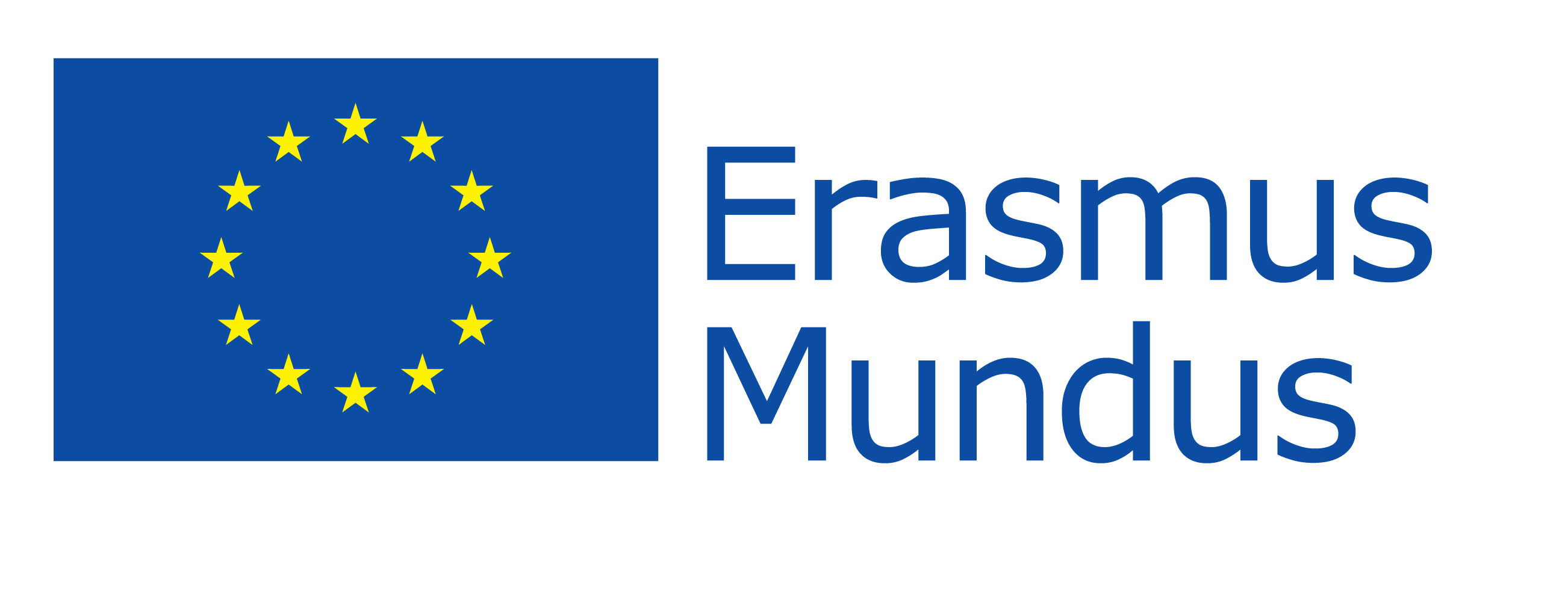

LCT Study Requirements at UdS
LCT students study at two partner universities, they fulfill the LCT graduation requirements by fulfilling the local requirements at both partners.While studying one year at the Saarland University (UdS) as part of the LCT program, you will be studying at the Department of Language Science and Technology within the local MSc program Language Science and Technology (LST).
Upon the successful completion of both years of the LCT program, you will be awarded two Masters degrees. That from Saarland University will be in "Language Science and Technology". The completion of the double degree LCT program is indicated through a diploma supplement.
LCT students studying at UdS have to fulfill the graduation requirements of the local LST Masters program as specified in the LST Study and Examination Regulations.
In a nutshell, the requirements are:
- at least 120 ECTS credits points, of which:
- at least 68 graded credit points from coursework
- at least 24 credit points from core and foundations courses
- at least 7 graded credit points from a graded seminar
- at least 8 credit points from courses at a Computer Science or Cognitive Psychology department
- 12 ungraded credit points for the Master Seminar (see under Master Thesis)
- 30 credit points for the Master Thesis
- Master Thesis
See the checklist for thesis submission
Note: The checklist contains points that apply directly to LCT students submitting at UdS, the default submission deadline of September 30.
Upon application with the LST examination board, represented by the student advisor, courses taken at the other partner university can be recognized towards fulfilling (some of) the above requirements, in particular, certain courses at the partner university can be recognized towards fulfilling (some of) the core-course requirements and/or the computer-science and/or cognitive-psychology course requirement, and an oral examination can also be recognized from the other partner university.
Every LCT student is advised to consult about course recognition with the student advisor in an early stage, i.e., when deciding about the first/second year study plan(s).

